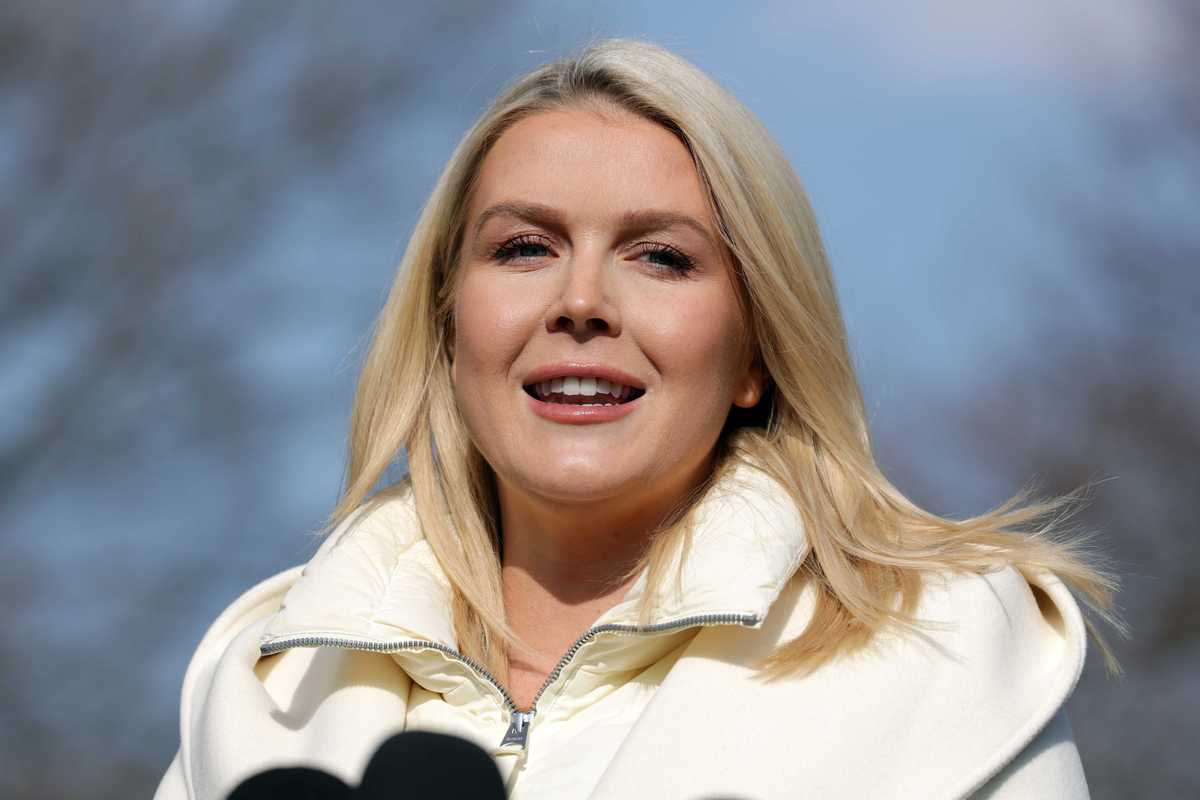Greg Evans
Dec 28, 2017

Picture:
Getty
Universal Basic Income is a policy often batted around at General Election times, but it is yet to gain any significant traction in the UK.
The scheme which involves the government giving everyone, regardless of employment status, a monthly tax-free income to spend however they choose, has become a reality in places like Finland, Hawaii and Canada.
Although it is still in its infancy in many places, the next adoption of the policy could be in Scotland.
According to Futurism the cities of Glasgow, Edinburgh, Fife and North Ayrshire will pilot UBI in 2018.
Public funding has already raised £250,000 for the idea which will allow the respective cities to develop studies to see how feasible the scheme is. The four cities have until March 2018 to submit their bids.
The intention of Universal Basic Income is to relieve people from the welfare or the benefits system and allow them to pursue their own interests.
The Guardian report that Labour, Conservative, SNP and Green Party councillors have already praised the proposal of the initiative in Scotland.
Although cautious, Scotland's First Minister Nicola Sturgeon believes that UBI has potential. She said:
It might turn out not to be the answer, it might turn out not to be feasible.
But as work changes as rapidly as it is doing, I think its really important that we are prepared to be open-minded about the different ways that we can support individuals to participate fully in the new economy.
The overall consensus on the issue remains split between politicians in Scotland but Glasgow councillor and UBI advocate Matt Kerr believes the backing of Sturgeon can help push the idea along.
Reactions to basic income have not split along the usual left/right party lines.
Some people to the left of the Labour party think that it undermines the role of trade unions and others take the opposite view.
But there should be room for scepticism; you need that to get the right policy.
The danger is that this falls into party blocks.
If people can unite around having a curiosity about [it] then I’m happy with that.
But having the first minister on board has done us no harm at all.
The councils that will be involved in the bid are looking at Universal Basic Income as a way of tackling poverty and the scheme will primarily be experimented with in areas with a wide range of demographics.
Joe Cullinane, the Labour leader of North Ayrshire Council, which has already set aside £200,000 for a feasible study, told the Guardian:
We have high levels of deprivation and high unemployment, so we take the view that the current system is failing us and we need to look at something new to lift people out of poverty.
Basic income has critics and supporters on the left and right, which tells you there are very different ways of shaping it and we need to state at the outset that this is a progressive change, to remove that fear and allow people to have greater control over their lives, to enter the labour market on their own terms.
Earlier this year a civil service briefing paper on the policy was published in Scotland and calculated that it could cost around £12.3 billion a year and warned that it would discourage people from working.
In contrast, the independent think tank Reform Scotland suggested that making changes to the tax system and rendering work benefits obsolete would easily allow the country to give every adult a basic income of £5,200.
More: Here's what it would look like if everyone in the UK had a universal basic income
Top 100
The Conversation (0)













